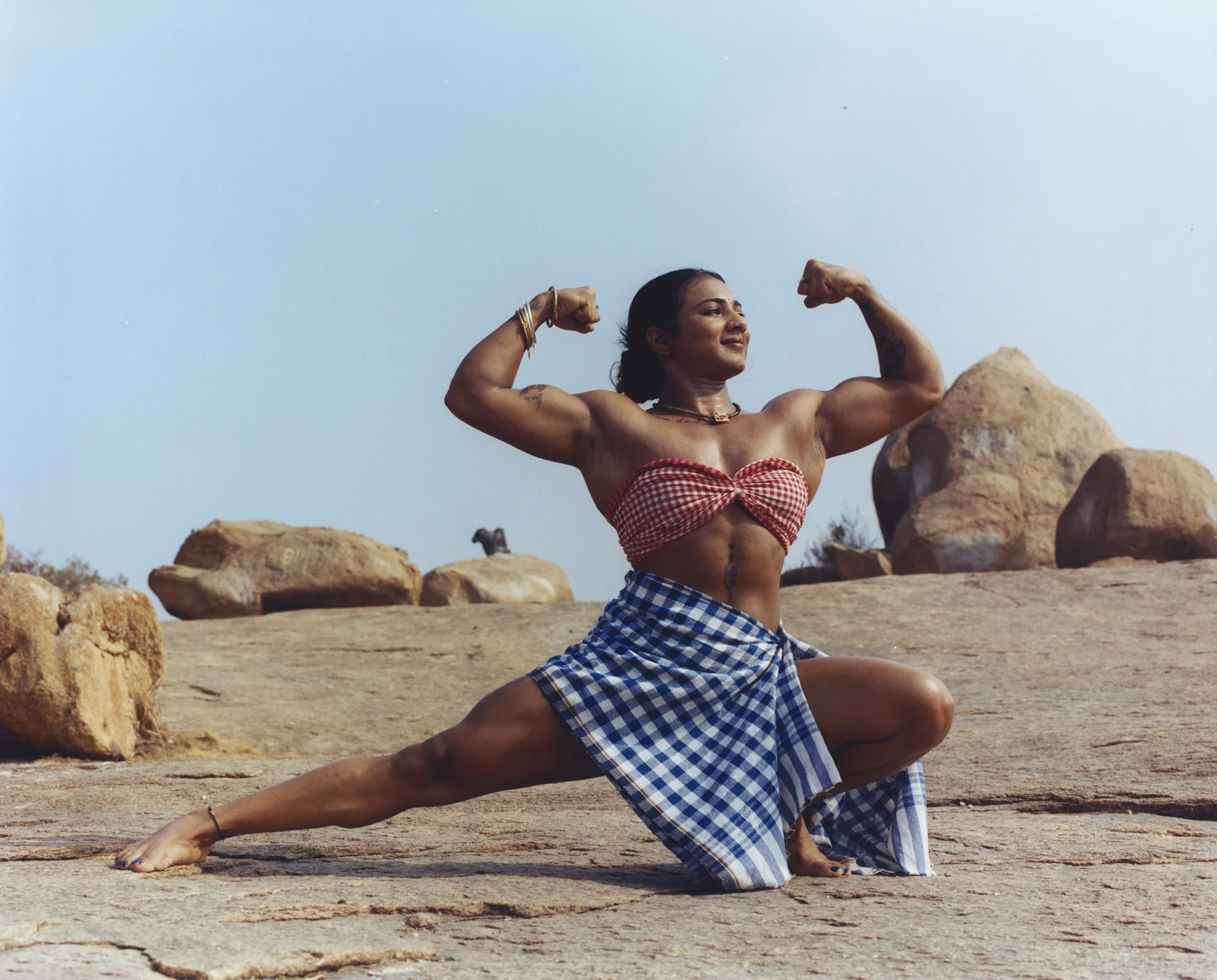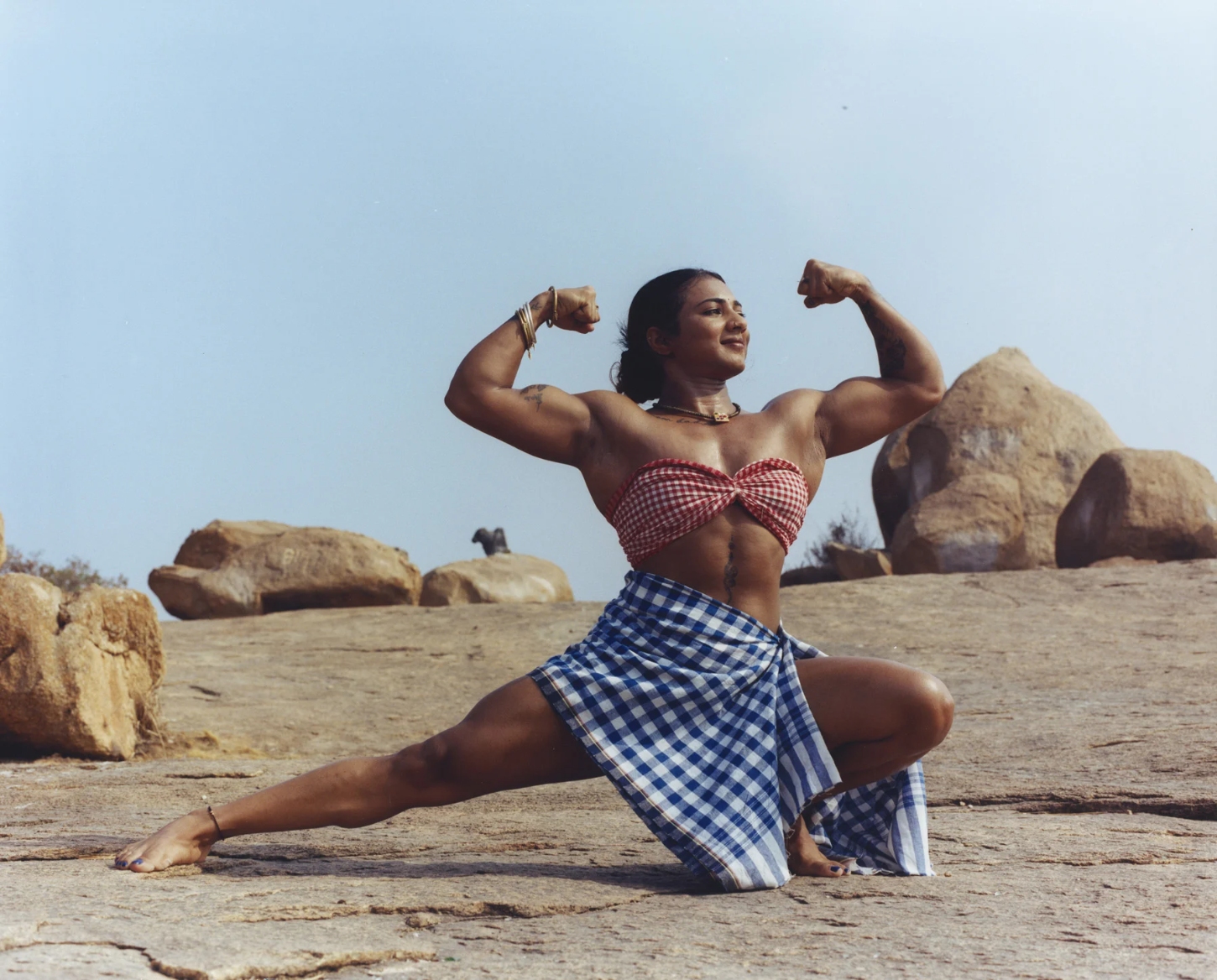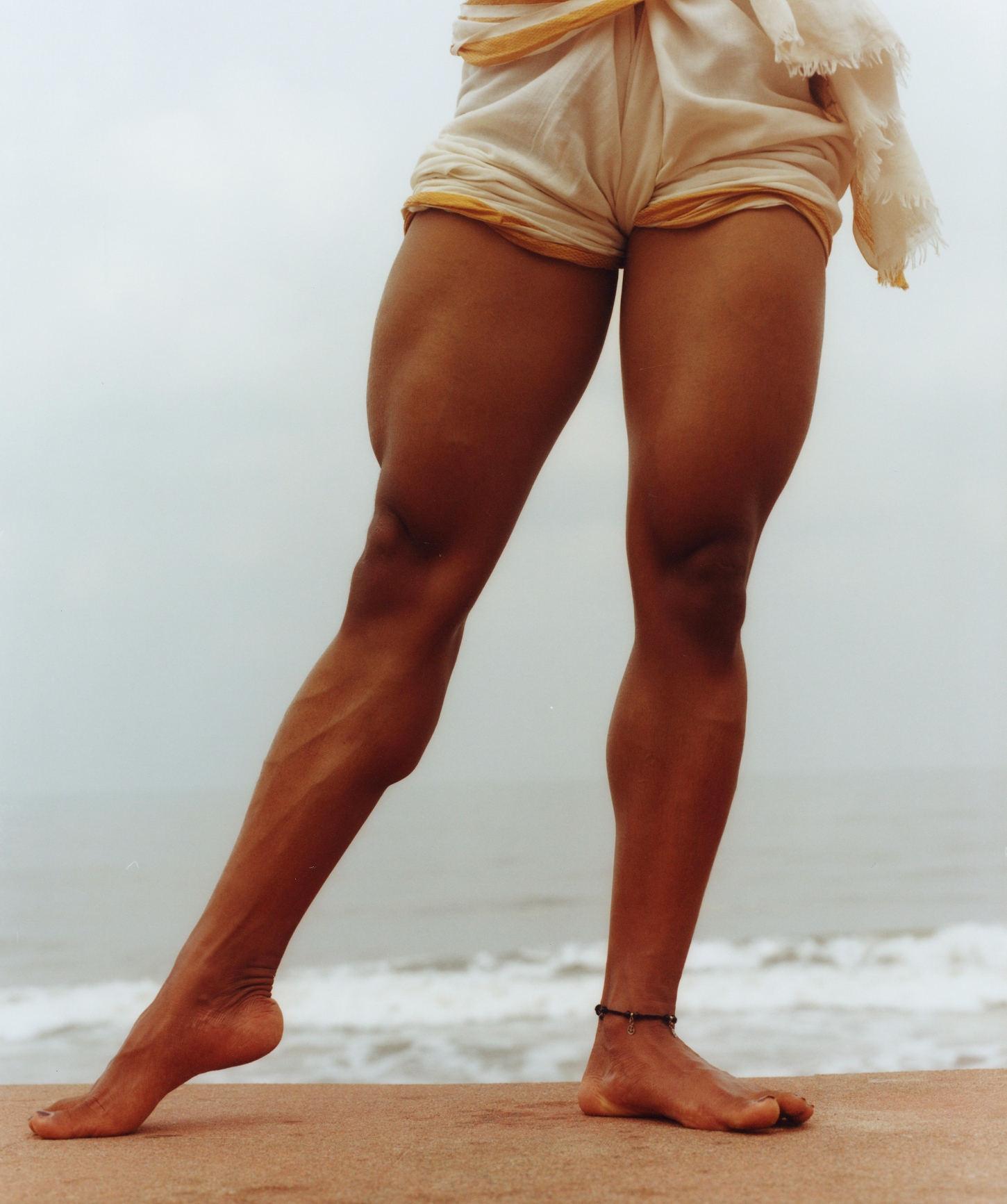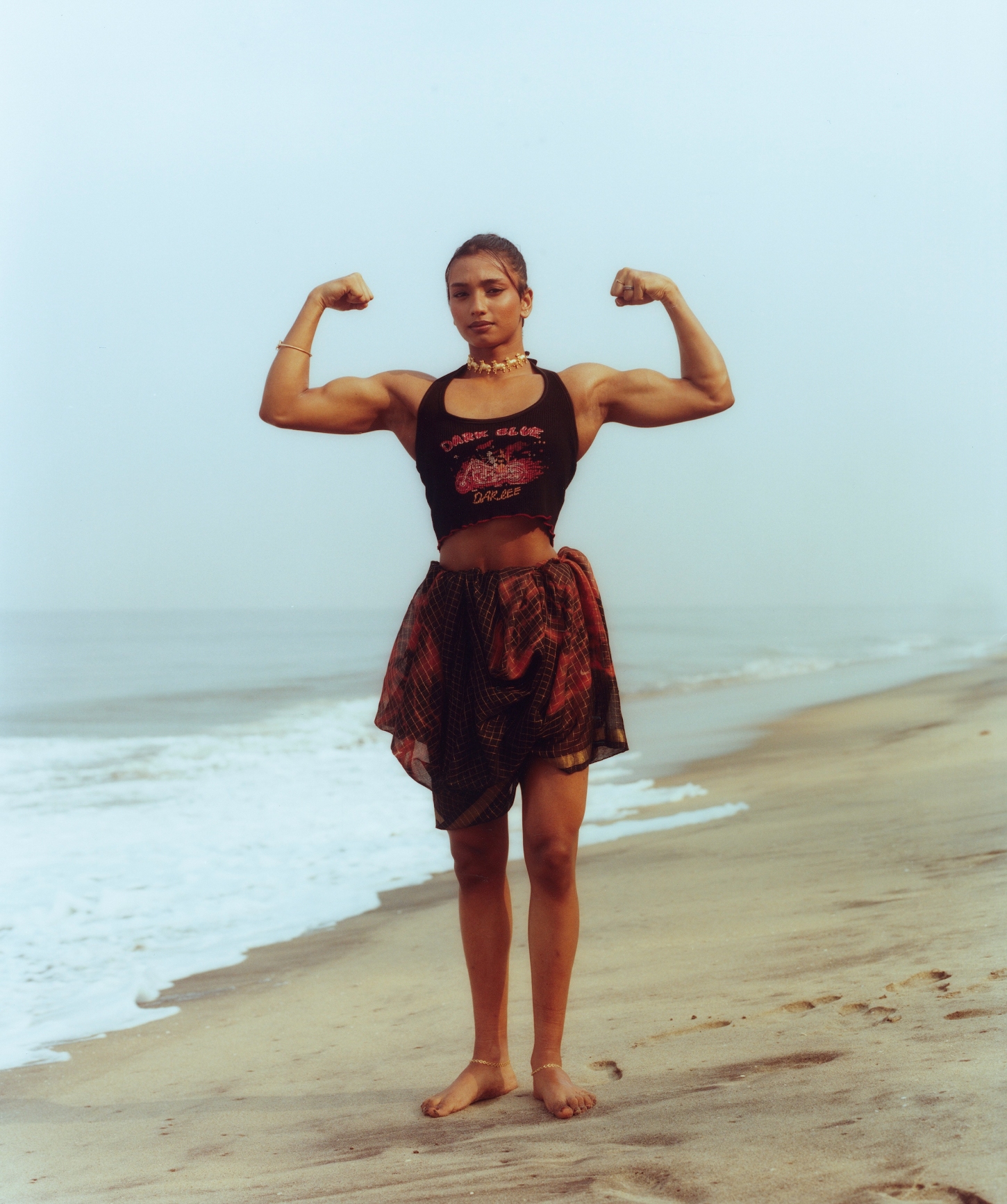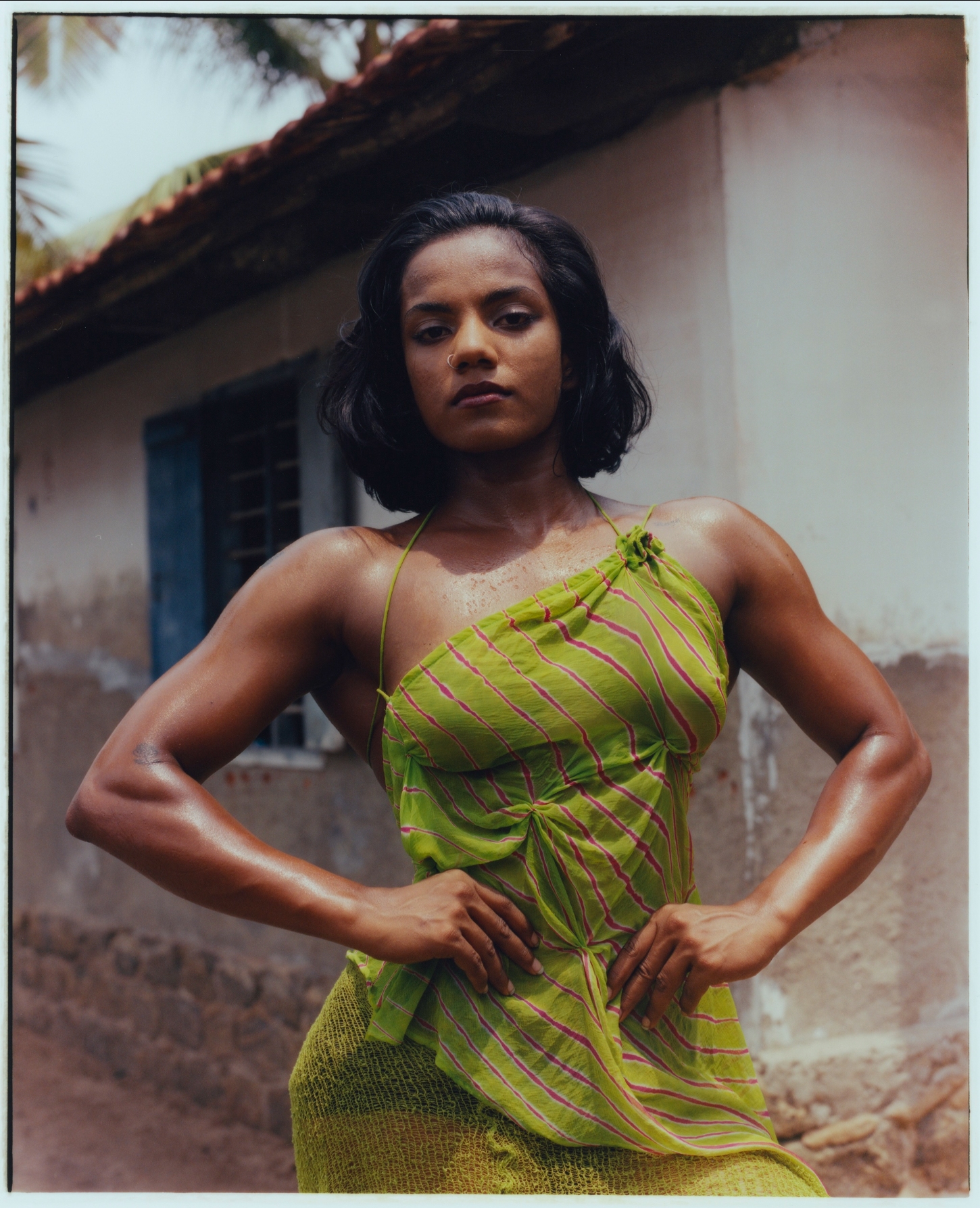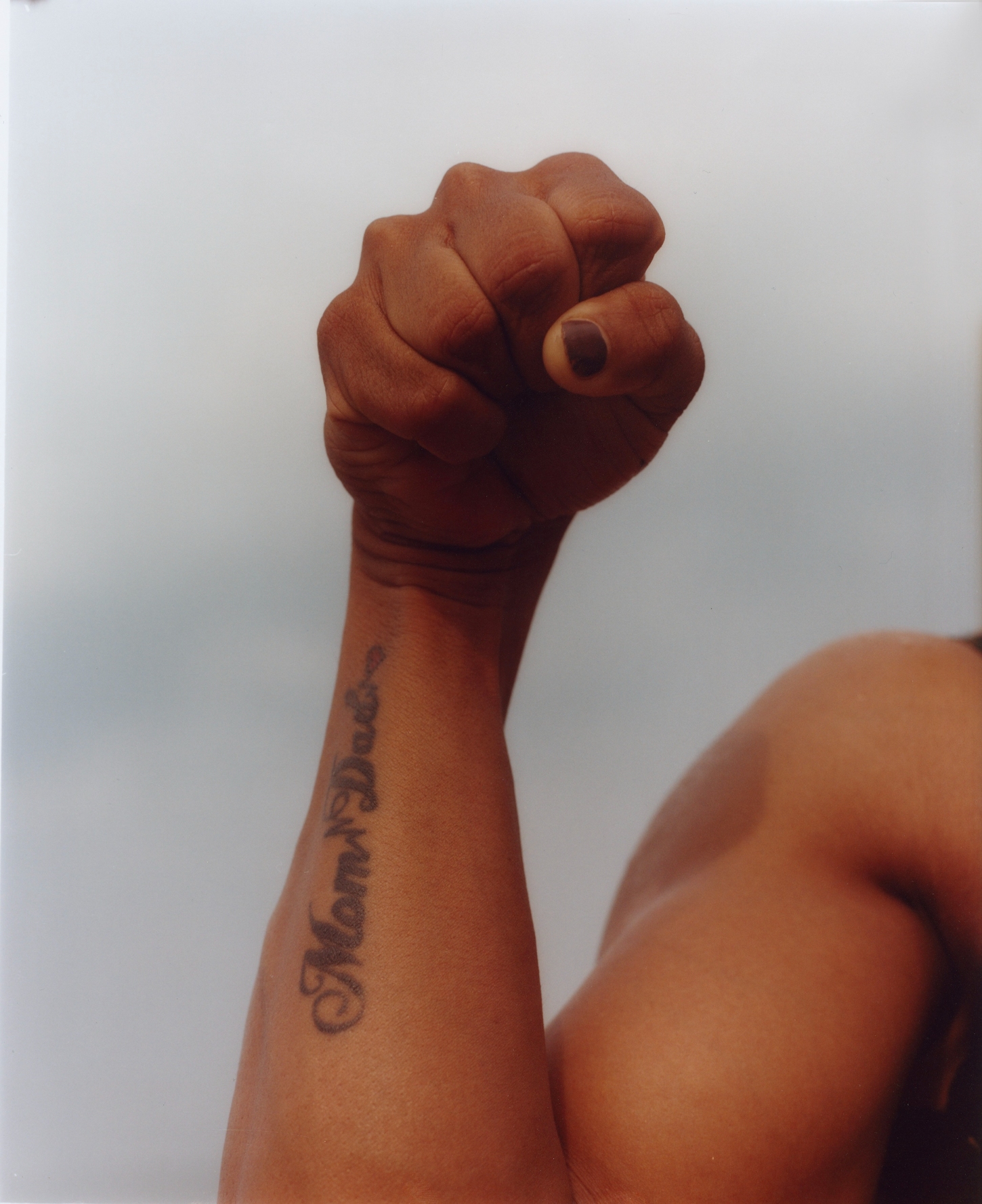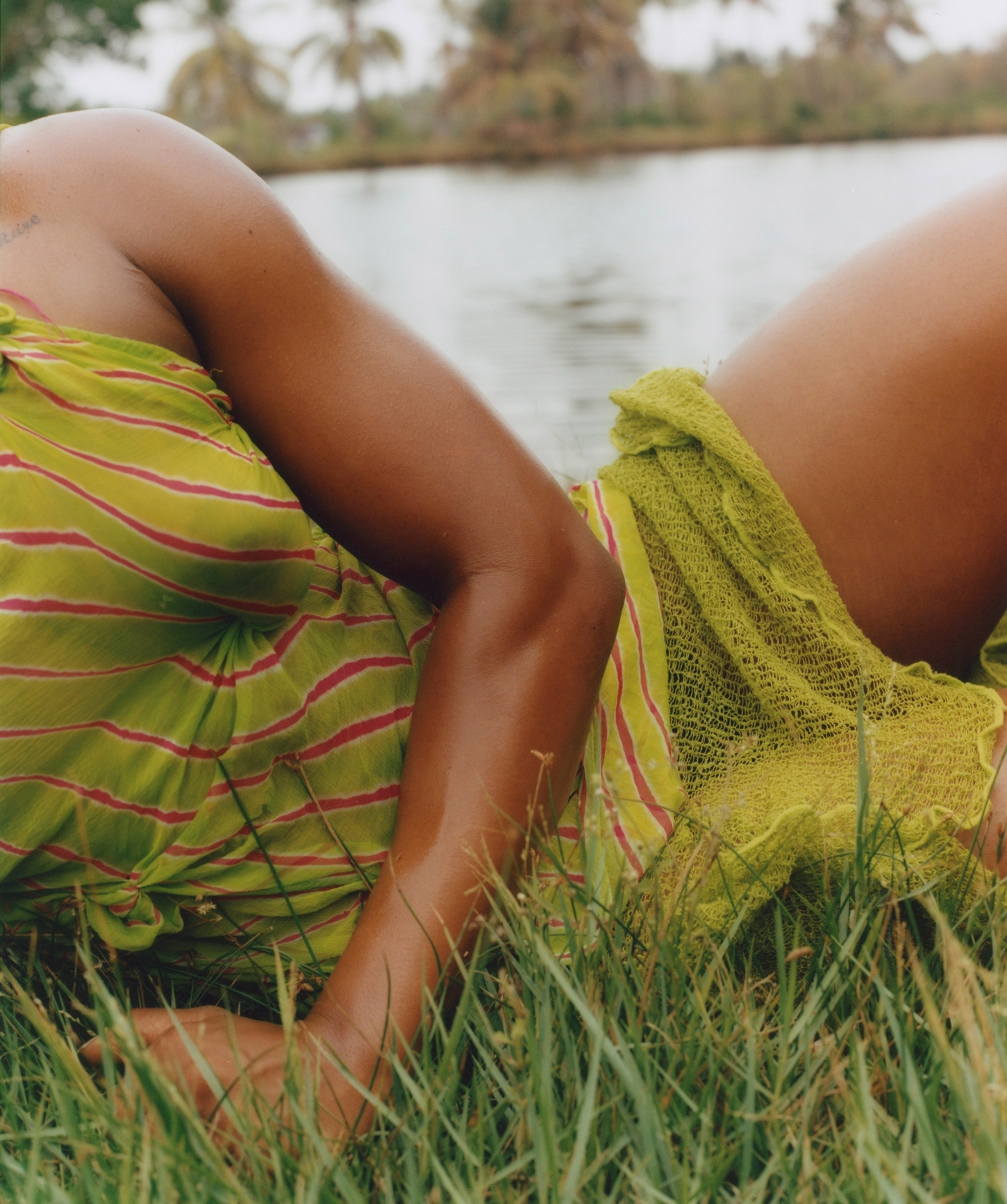'Not What You Saw', a photographic series by Keerthana Kunnath, traces the lives of South Indian women bodybuilders who move against prescribed ideas of femininity and beauty.
The project began when Kunnath, while researching Kalaripayattu, encountered bodybuilder Arathy Krishna—an introduction that opened onto a world rarely represented in either photography or cultural discourse.
Kunnath, London-based but South Indian by origin, has long sought stories that unsettle conventional ideas of womanhood. As a queer brown woman, she recognises the absence of muscular female bodies in her cultural landscape. The professions typically associated with women—teaching, medicine, nursing—reaffirm a narrative of nurture. The presence of a bodybuilder, however, unsettles such continuity. “It is a complex terrain of stereotypes and expectations that these women must move through,” she observes.
Her research led her to women who had never been photographed before. For them, the project offered an opportunity to be seen on their own terms. For Kunnath, the connection resonated with her own position as an outsider within family and society—women questioning what they were told they could be.
The broader context is marked by entrenched ideals of beauty and womanhood. In South India, as in many parts of the world, women are expected to embody lightness: lighter skin, slender frames, long hair, and suitability for marriage. The women in Kunnath’s project resist these codes by cultivating muscle, power and self-possession. Many concealed their practice from their families, fearing disapproval or rejection from prospective grooms. Others found that persistence slowly translated into acceptance, even if accompanied by pressure from relatives concerned about social standing.
Each subject lives a life that extends beyond the gym. They are teachers, mothers, designers, sales workers. Chitra, 23, divides her time between teaching languages at a local school and working as a personal trainer. Another bodybuilder, wary of being denied housing, keeps her pursuit hidden from landlords. These stories underline the everyday negotiations women endure to claim space in a field dominated by men.
The project also situates itself within a broader global question: what does it mean for women to inhabit strength in forms that depart from the expected? Across contexts, female athletes are scrutinised not only for their performance but for their bodies—their legitimacy as women interrogated in ways rarely applied to men. Kunnath sees these South Indian bodybuilders as part of this continuum, revealing how racialised and gendered expectations continue to shape public perception.
Yet Not What You Saw remains anchored in intimacy. The work portrays women who are at once athletes, caregivers, daughters and professionals. In their lives, the notion of femininity expands beyond fragility to include resilience, labour and strength. For Kunnath, the project is both a document and a provocation: a reminder that gender is not a fixed script but a space of negotiation.

